Gone Home
You are Katie Greenbriar, 21 years old, and you are back from your trip to Europe. You arrive at your family home in Oregon, late at night, under torrential rain. There is no one at home, and a note left by your 17-year-old sister Sam informs you that she had to leave, without giving more details.
As you find the spare key and enter the huge mansion, you start piecing together what happened.
Thus begins Gone Home, a videogame that affected me deeply and unexpectedly with a beautifully told story.
As you explore the house, with its abundance of nooks, crannies and closets, you find all the usual trappings of domestic life. Clothes, books, leaflets, magazines, food and drink packages, all painstakingly modelled. I recommend taking your time to examine every object, even if most of them are not needed to advance in the game. They make the setting more believable, and transmit a feeling of everyday ordinariness, which contrasts with the eerie silence of the empty house and the storm raging outside.
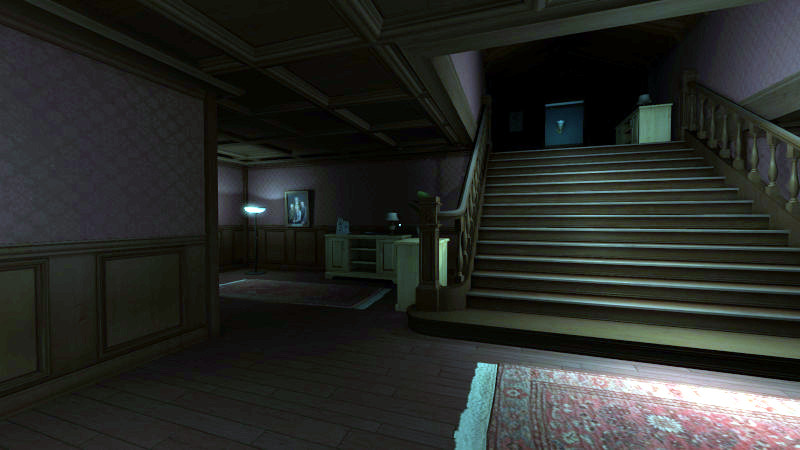
You will also find notes by Sam. Some of these will trigger chapters of the audio diary she left for you. The voice acting, by Sarah Grayson, is top notch and truly brings Sam to life. Other notes, letters and objects will tell you the backstory of your mother and father, which are also worth following. It truly feels like you are peeking into the lives of real people, rather than the fictional characters of a virtual world.
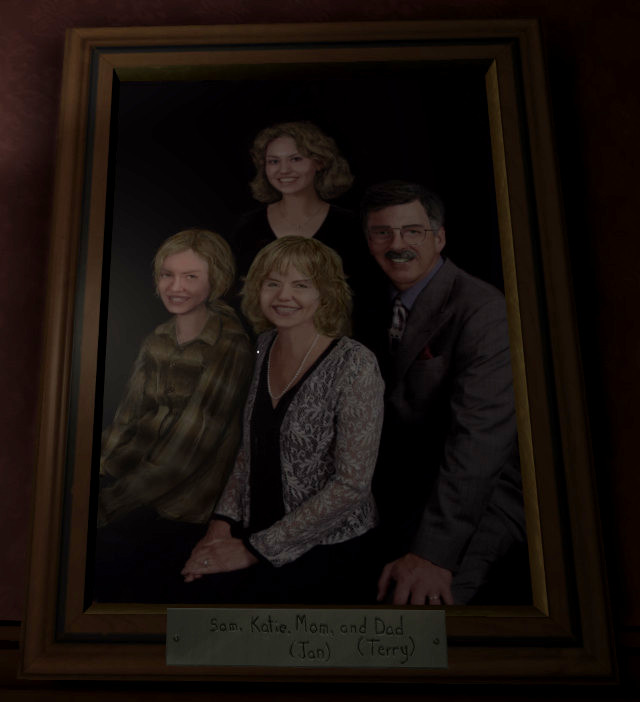
Another great thing about Gone Home is that the story takes place in the mid-Nineties, the twilight of the Analogue Era. Cathode ray tube TVs, handwritten notes, audio cassettes and VHS tapes are some of the quaint artefacts you will find while exploring the house. If you were born after the Nineties, it will all seem positively Victorian to you. I spent my whole childhood and teenage years in the Analogue Era, and these reminders of a bygone age bring back a lot of memories.
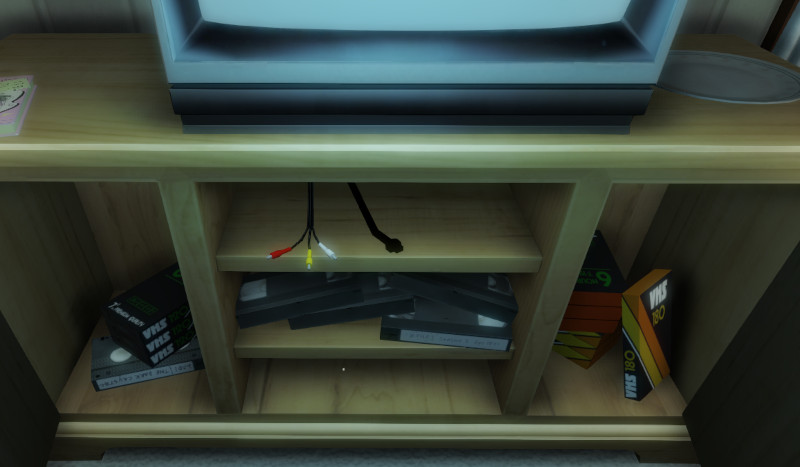
Speaking of audio cassettes… in the game you can find and play a few, with music from riot grrrl bands such as Heavens to Betsy, Bratmobile and The Youngins. You will also find examples of the self-produced zines that characterised the movement. I must say that, provincial uncouth bumpkin that I am, I knew nothing about the riot grrrl movement before playing Gone Home. It has been a pleasant and instructive discovery. Who said that playing games is a waste of time? I wasn’t taught this stuff at school.
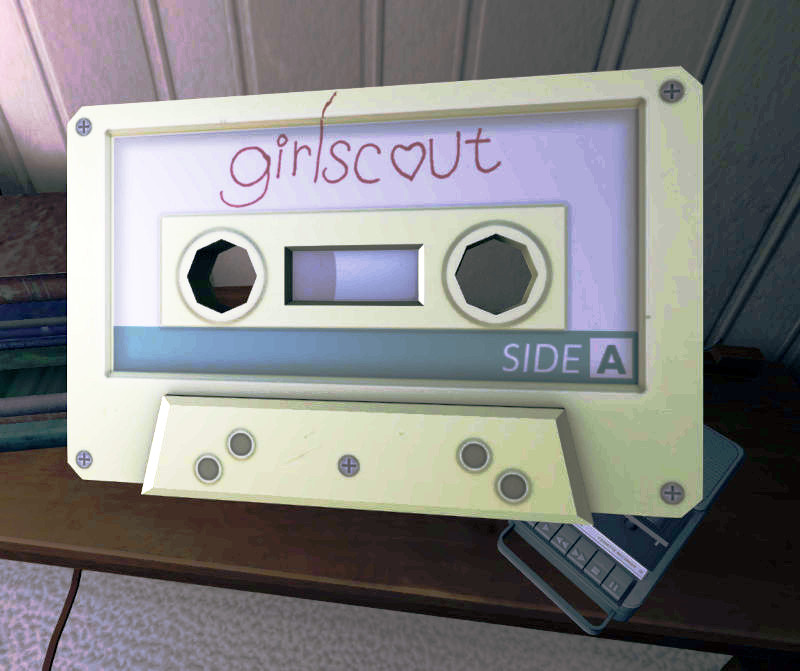
As you find more of Sam’s audio diary entries, you learn of her budding friendship with another girl, Lonnie. This will turn out to be the main theme of the game. You unlock doors, explore new rooms, and worry about your family. What happened to your sister and your parents? Something mundane or something terrible?
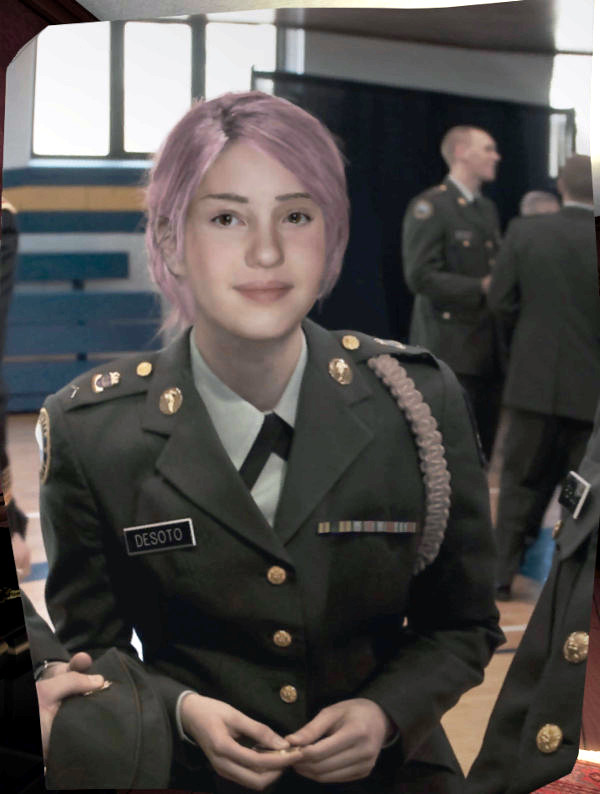
And here, my friend, I must stop, because I don’t want to reveal more. I’m itching to write pages and pages, but it would be a shame to spoil your experience if you haven’t played the game yet. I’ll soon write another page you’ll be able to access after clicking a giant SPOILERS warning.
For now let’s just say that, when the end credit started to roll, I desperately wanted to enter the game world and keep following the characters, to find out what the future had in store for them. I kept thinking about them for weeks. I may be a sentimental crybaby, but after scouring gaming forums and websites I found out that plenty of other people had been as deeply touched as I was.
There are also those, funnily enough, who seem to loathe the game with self-righteous ardour. I had the audacity to post a positive review online, and it was aggressively downvoted within minutes. They really took their loathing seriously, didn’t they.
One of the gripes these people had was that Gone Home cannot really be considered a “game”. It was a tedious and ultimately pointless diatribe I came across again and again. With the starkness typical of online “debate”, it was framed as an either/or choice, with no space for nuance.
True, in Gone Home there are no puzzles to solve, no enemies to slash, no chasms to jump over. But you decide where to go, what to explore, and for how long. There is an element of interactivity you would not find in a novel or film. In this sense, Gone Home is a game in the same way a treasure hunt is. But again, does it really matter?
What truly matters is the lovely story this game tells, a story of friendship and deep affection. If you think this is something that might interest you, give it a go.
If you played the game and you loved it (but only if you absolutely loved it) feel free to contact me so we can reminisce about it!
Image credits: All images are screenshots taken from my copy of the game. Copyright of all game assets is owned by The Fullbright Company. Low resolution versions reproduced for commentary and criticism purposes, believed to qualify as fair use/fair dealing.